Why the mineral Calcium is essential for oral health
Share
Calcium is a mineral that is essential for the overall health of our body, including our oral health. It is the most abundant mineral in our body and is found in our bones, teeth, and blood. Our teeth and bones are made up of more than 99% of calcium, which makes it an important mineral for maintaining their strength and integrity. In this blog post, we will discuss the benefits of calcium for oral health and how it helps to keep our teeth and gums healthy.
-
Strong Teeth: Calcium is the main building block of our teeth, and it is essential for maintaining their strength and structure. It helps to form the enamel, the hard, protective coating on the surface of our teeth. Enamel helps to protect our teeth from decay and cavities, and it also helps to keep our teeth looking white and healthy.
-
Calcium is also important for the health of our gums. It helps to keep the gums strong and resilient, which helps to prevent gum disease. Calcium also helps to promote the production of new cells, which helps to keep the gums healthy and pink.
-
Calcium helps to neutralize the acid produced by bacteria in the mouth and thus helps to protect the teeth against tooth decay. It also helps to strengthen the tooth enamel which is the first line of defense against decay.
-
Helps with Jawbone density: Adequate intake of calcium and vitamin D can help to maintain the density of the jawbone, which is important for the proper alignment of the teeth.
-
Calcium is also important for wound healing. When a tooth is extracted or a dental surgery is done, adequate calcium intake can help to speed up the healing process and prevent infection.
-
Adequate calcium intake can improve the outcomes of orthodontic treatment by promoting proper jaw growth and development and maintaining the density of jaw bone.
In addition to the benefits of calcium for oral health, it is also important for overall health. Adequate intake of calcium can help to prevent osteoporosis, a condition that causes the bones to become weak and brittle. It is also important for muscle function and nerve transmission.
The best sources of calcium are dairy products such as milk, cheese, and yogurt. However, non-dairy sources such as leafy greens, almonds, and fortified foods like orange juice, soy milk, and cereal, also provide good amounts of calcium.
It's important to note that calcium alone is not enough for maintaining oral health. Adequate intake of Vitamin D is also essential for calcium to be properly absorbed by the body. Vitamin D can be obtained from exposure to sunlight, certain foods, and supplements.
Calcium is an essential mineral for the overall health of our body, including our oral health. Adequate intake of calcium can help to maintain the strength and integrity of our teeth and gums, prevent tooth decay, and promote proper jaw growth and development. Adding a natural toothpaste in your daily oral hygiene routine, that includes calcium, like a bentonite clay toothpaste will bring consistent benefit to your teeth and gums.
